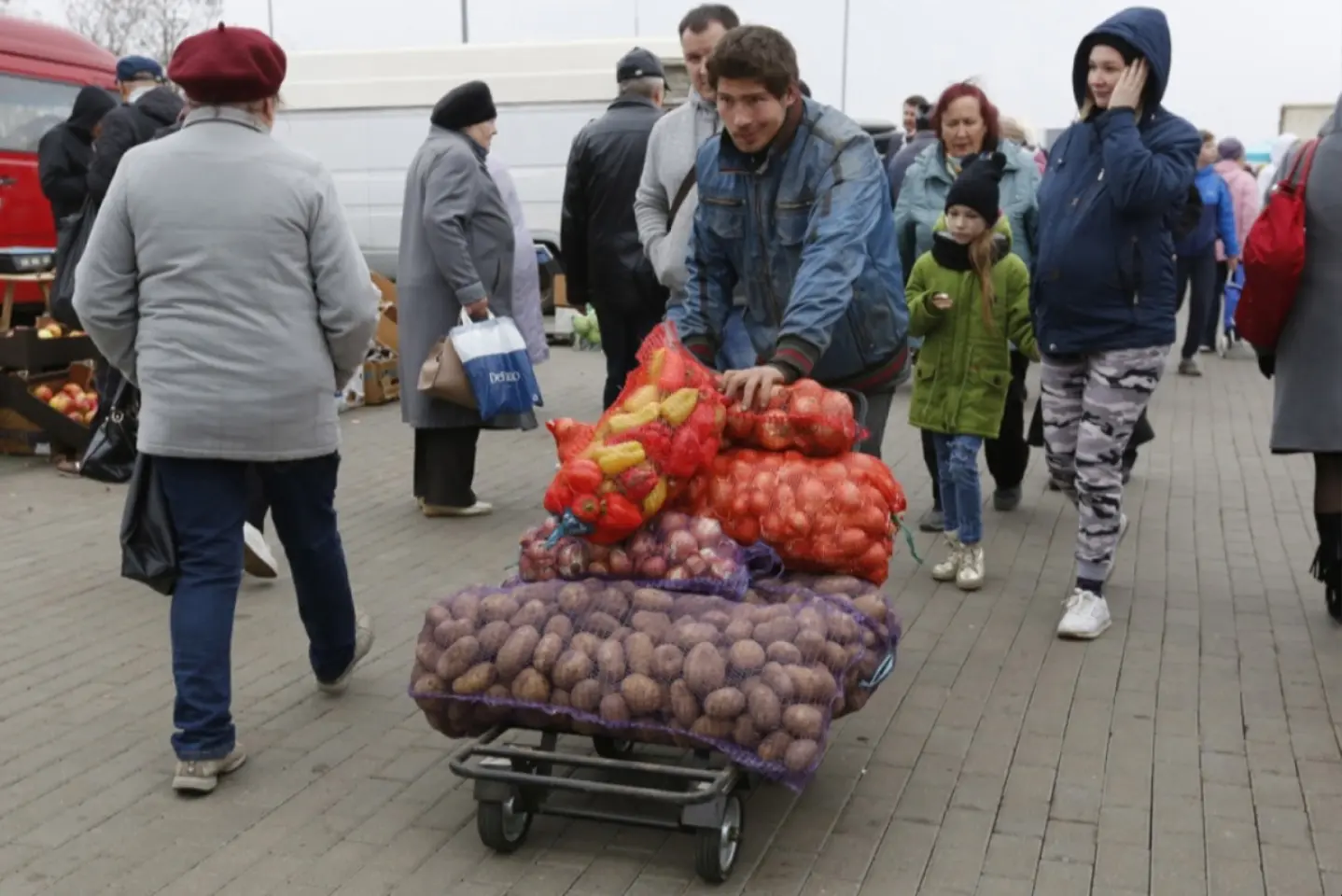
Journalist of Belsat TV, analyst in the sphere of national security and defence. Specialises in information warfare, propaganda, psychological operations as well as in international politics. Studies the tactics of modern warfare.

Elections in Belarus were anything but free, with no opposition candidates or independent observers, and a government disinformation campaign designed to instill fear. The opposition managed, nonetheless, to get its message to at least part of the electorate, and in spite governmental efforts, turnout was lower than expected.

A crisis in potatoes, which are a staple food in Belarus, is showing the failure of the economic model imposed by dictator Aleksandr Lukashenko.

Alexander Lukashenko’s looked frail and isolated at his 7th inauguration as Belarus president, consumed by old obsessions and leaning on his personal clan. The ceremony told more about the state of affairs in the regime than the dictator himself wanted it to.

Belarus has an ever increasing list of items deemed extremist, ranging from reasonable ones, like Hitler’s Mein Kampf, to rock songs that authorities see as being critical to Lukashenko’s regime.

Aleksandr Lukashenko won his seventh term as president with 86.82% of the vote and a turnout of 85.9%, results typical for dictatorial regimes. The figures were touted as proof of stability in Belarus, popular support for Lukashenko and tolerance of the opposition. However, the elections were neither free nor fair, but just a show that fooled no one.

A Minsk-based Orthodox Convent has been raising money for years to support Russia’s invasion of Ukraine. Some of the money come from activities in EU countries.

Isolated by the international community for his regime’s abuses, Belarus’ authoritarian leader is increasingly behaving as a mere governor of one of Russia’s provinces.